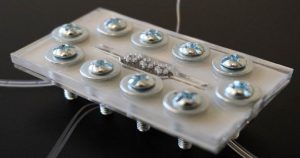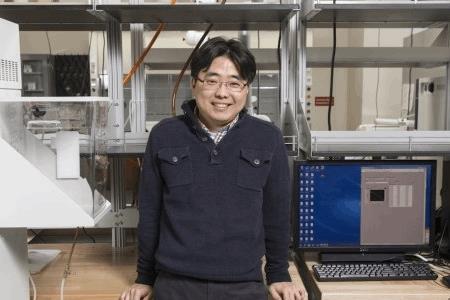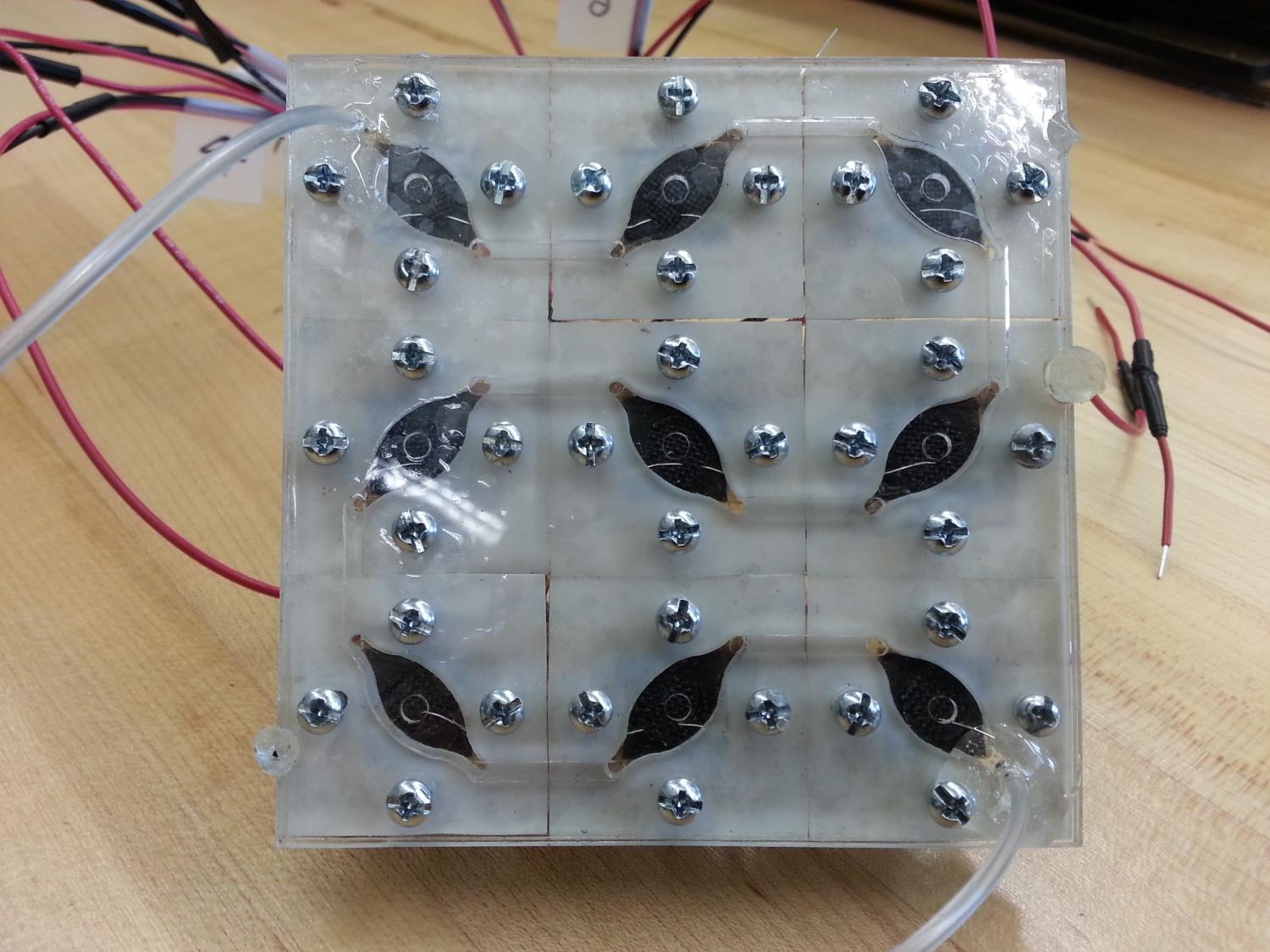
Scientists Developed Most Powerful Micro-Scale Biological Solar Cell
The biological solar cell generates energy in a similar way to the Earth’s ecosystem based on bacteria, paper, and carbon fiber. Researchers from Binghamton University and the State University of New York have developed a micro-scale biological solar cell that generates more power than any existing cell of its kind.

A microfluidic lab-on-a-chip system that generates its own power is essential for stand-alone, independent, self-sustainable point-of-care diagnostic devices to work in limited-resource and remote regions, said Professor Seokheun Choi, from Binghamton University in the US.
Miniaturized biological solar cells (micro-BSCs) can be the most suitable power source for those applications because the technique resembles the earth’s natural ecosystem.
Such devices need a self-contained clean power source, and miniaturized biological solar cells (micro-BSCs) where photosynthetic microorganisms are the key to electricity generation are an attractive option because the microorganisms are self-assembling and self-maintaining.

“Micro-BSCs can continuously generate electricity from microbial photosynthetic and respiratory activities over day-night cycles, offering a clean and renewable power source with self-sustaining potential. However, the promise of this technology has not been translated into practical applications because of its relatively low power and current short lifetimes,” said Choi.
Researchers created a microscale microfluidic biological solar cell that can attain high electrical power and long-term operational capability, which will provide a practical and sustainable power supply for lab-on-a-chip applications.
Watch The Video Here:
The bio-solar cell generated the highest power density for the longest time among any existing micro-scale bio-solar cells, according to a study published in the journal Lab on a Chip. The device consisted of a film of a cyanobacterium a type of simple single-celled plant that has existed on Earth for over 2.5 billion years called Synechocystis.
Living in fresh water, Synechocystis can generate energy during the day and at night. Cyanobacteria tend to grow in biofilms, spontaneously organizing themselves into colonies; such biofilms can be a nuisance in some situations.
“The device will release biological photo-energy conversion technology from its restriction to conceptual research and advance its translational potential toward practical and sustainable power applications for point-of-care diagnostics to work independently and self-sustainable in limited-resource and remote regions,” said Choi.